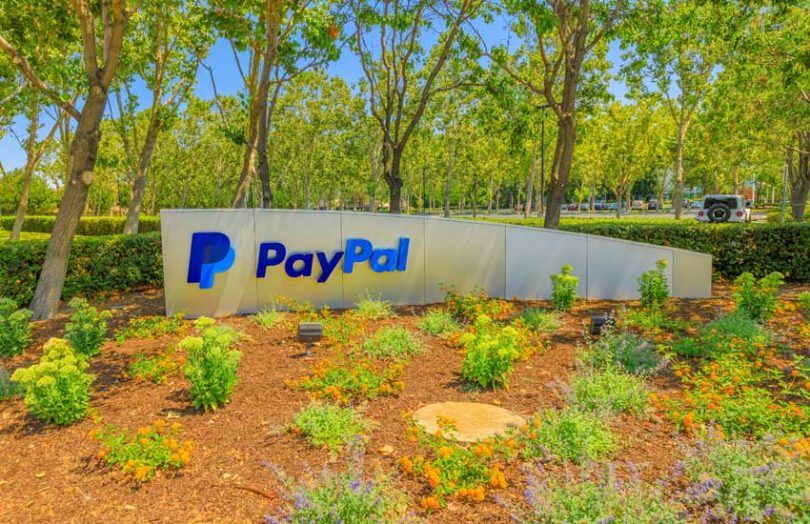In late October, PayPal started to enable users to buy and sell cryptocurrencies. During yesterday’s quarterly earnings call, PayPal’s President and CEO Dan Schulman confirmed that customers would be able to use their cryptocurrency to pay for purchases at stores from March this year. PayPal has 29 million merchants, but cryptocurrency is only currently enabled in the United States.
That’s something that’s about to change with the first international jurisdiction to be added in a few months. The Venmo app will also include cryptocurrency functionality soon.
Schulman said the response to the introduction of cryptocurrency was exceptional, particularly in terms of engagement. Users open their wallets twice as often as previously, presumably to check cryptocurrency prices.
“We are already working with the regulators and central banks to reimagine and shape the next-generation of the financial system as consumers no longer want to handle cash. We all know the current financial system is antiquated,” said Schulman.
He continued, “And we can envision a future where transactions are completed in seconds, not days. A future where transactions should be less expensive to complete and a future that enables all people to be part of the digital economy, not just the affluent. We are significantly investing in our new crypto, blockchain and digital currencies business unit in order to help shape this more inclusive future.”
PayPal stands to benefit from the shift to digital currencies. During last quarter’s call, Schulman responded to a question about the impact of digital currencies on payment costs. If a user pays with a digital wallet that isn’t funded through a bank card, then PayPal doesn’t have to pay Visa and Mastercard for card fees. However, we interpreted Schulman’s response to be that PayPal has no plans to adjust the merchant fees for digital currency usage. That means instead of the money going to Visa and Mastercard, PayPal gets to keep it.
While cryptocurrency transaction fees are currently high, other providers don’t tend to post every payment to the blockchain. Instead, they use a Layer 2 or other solution essentially batching transactions, and thereby saving on costs. A side benefit is it helps with privacy.






